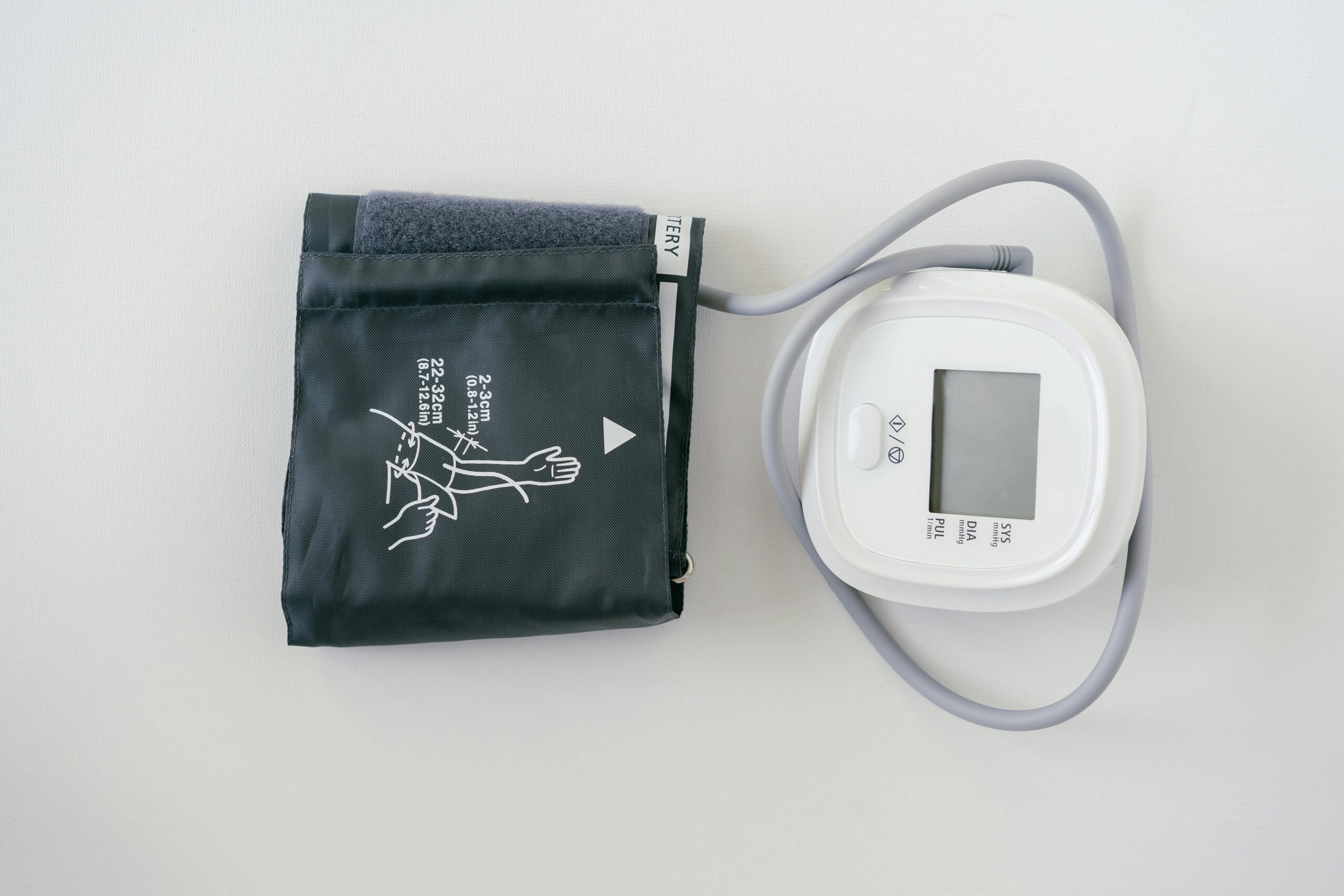A sudden increase in blood pressure is a natural response to stress; our bodies are designed to have mechanisms in place to suddenly constrict blood vessels, which increases the blood volume to vital organs like the brain to help us think clearly, and to the large skeletal muscles so we can run away or fight. This survival response keeps us alive for those times when we need to act quickly, but it’s designed to return to normal once the danger has passed or we have successfully navigated the challenge.
The problem comes in when this hypertension response becomes chronic and we don’t return to normal. Chronic increased pressure against blood vessels causes the very elastic cells to become stiff, hard, and rigid. This greatly increases your risk of heart disease, heart attack and stroke. While hypertension is not a disease, it is a marker that indicates vascular dysfunction. Normal blood pressure is 120/80, and the risk for cardiovascular disease doubles with an increase of just 20/10 points! After age 50, the top number (systolic) becomes the better predictor of vascular health.
The blood vessel has only three ways to respond to any infinite number of insults that happen to them every day:
- Inflammation
- Oxidative stress
- Vascular immune dysfunction
Inflammation can be measured by blood markers like hsCRP and increased white blood cells. It can be caused by eating foods you are sensitive to, stress, environmental toxins, poor exercise habits, eating too many refined/processed and fried foods and not enough vegetables, alcohol, etc. Inflammation causes breaks between the cell membranes of the inner lining of the blood vessels (increasing the need for LDL cholesterol to heal the them), and inhibits the production of nitric oxide. Nitric oxide naturally relaxes blood vessels and lowers blood pressure.
Oxidative stress begins in the mitochondria (where all cellular energy is created) and creates a vicious cycle: damaged mitochondria create more free radicals and more free radicals damage more mitochondria. Molecules that create oxidative stress are thirsty and are running through the blood stream looking for electrons to quench that thirst. They take them from the inner lining of your blood vessels, leaving a ‘ding’ behind that must be repaired. If the ‘dings’ happen faster than they can be repaired, vascular dysfunction occurs.
Immune dysfunction White blood cells (monocytes, macrophages, lymphocytes, etc) invade the inner lining of the blood vessels in response to the presence of bacteria, viruses, mold, fungus, etc. in the bloodstream. The chemical effect of this creates inflammation and oxidative stress, thereby increasing blood pressure. This whole process can also alter the blood dynamics of the kidneys, causing imbalances in sodium and water excretion which induce swelling.
New research is also finding a huge link between the good bacteria living in our GI tract and how well we are able to control our blood pressure. This is due mostly to the connection between inflammation in the brain and how this can affect inflammation in our blood vessels and heart. These good bacteria are always communicating, and what they say to each other seems to have a major impact on whether our cells are healthy or not.
The best way to approach and manage hypertension is to improve vascular health, optimize vascular biological function and structure, and slow vascular aging and subsequent cardiovascular disease.
If you have questions about hypertension or would like to schedule an appointment, just give us a call at 928-445-2900.
Blessings,
Dr. Susan


